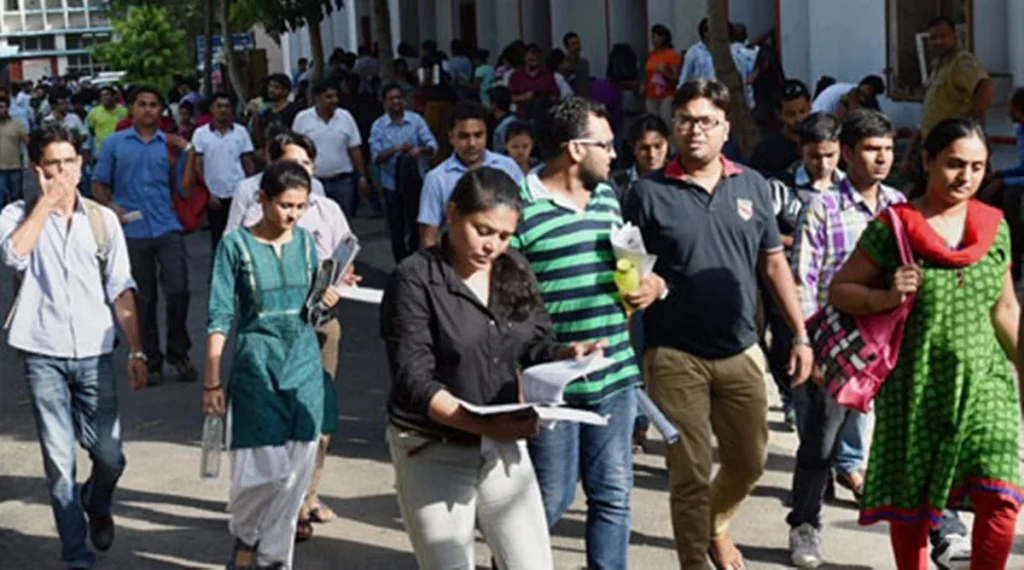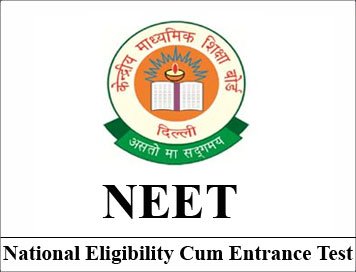The UPSC CSE, being the most difficult and competitive exam in India, simply cannot be conducted like all other regular exams are. The examination process is really complex and long. That is why it has been broken down into three stages. The first of them being the UPSC-Prelims. With the help of this article, we will take a look at what UPSC-Prelims is, how it is conducted, and what is its relevance.
The UPSC-Preliminary Examination (UPSC-Prelims) is the first stage of the Union Public Service Commission (UPSC) Civil Service Examination (CSE). It mainly serves as a screening test to shortlist candidates for the UPSC-Mains examination. It is an objective question type of examination and is common for all the candidates. Following is a brief description of its structure, syllabus, marking scheme, and preparation strategies. for this exam.

Structure of UPSC Prelims:
- The UPSC-Prelims Examination consists of two papers. These are namely- General Studies Paper-I (GS Paper-I) and the General Studies Paper-II (GS Paper-II) also known as Civil Services Aptitude Test (CSAT). Both of these papers are conducted on the same day in offline mode (pen and paper based).
- Each of these papers has a duration of two hours. GS Paper-I is held in the morning session while the GS Paper-II (CSAT) is held in the afternoon session.
- The Preliminary Examination comprises of Multiple-Choice Questions (MCQs) or Objective-Type Questions. The candidates have to select the correct answer of the question from the given options.
- There is a provision of negative marking in the in the Preliminary Examination. For each incorrect answer that a candidate gives, one-third (0.33) of the marks allotted to the questions are deducted. Although, unanswered questions do not attract any negative marking. hence, the candidates have to be careful while answering the questions.
Syllabus of the Paper:
1. GS Paper-I:
The syllabus for the GS Paper-I is really vast as it covers various subjects to evaluate the candidate’s knowledge and understanding of diverse topics. The key areas in the syllabus are:
- Current affairs and contemporary events of national and international importance
- Indian History and Culture
- Indian and World Geography
- Indian Polity and Governance
- Economic and Social Development
- Environmental Ecology
- General Science
2. GS Paper-II (CSAT):
The syllabus for GS Paper-II focuses mainly on testing the candidate’s aptitude and analytical skills. The syllabus includes:
- Comprehensive skills
- Interpersonal skills including communication skills
- Logical reasoning and analytical ability
- Decision-making and problem-solving
- General mental ability
Marking Scheme:

1. GS Paper-I:
The GS Paper-I is a 2-hour exam and is of 200 marks. The paper consists of usually around 100 questions, although, the number varies each year. This makes each question having a weightage of 2 marks.
GS Paper-II (CSAT):
The CSAT paper also is a 2-hour exam and is of 200 marks. Although, it only consists of 80 questions usually, this number too varies each year. In the CSAT paper, each question carries 2.5 marks.
Preparation Strategies:
Although, we cannot gurantee success in this exam and clearing it is very difficult. Out of 11 lakh applicants in 2022, only 13000 cleared the UPSC-Prelims to appear in the UPSC-Mains, as per BYJU’S Exam Prep. But we can still work smartly using the following methods and increase one’s chance of clearing the exam:
- The very first step in clearing the exam is understanding the exam. One at first need to understand the syllabus of the exam before studying for it. One should thoroughly study the syllabus properly, and then break it down into topics. Then one should develop a clear understanding of the weightage given to each topic and hence accordingly prioritize one’s work.
- Secondly, to keep oneself updated about the current events going on around the world, one should regularly read newspapers and magazines. This helps sharpen one’s knowledge on current affairs, national and international events, government policies, social issues etc. One should focus on understanding the background, implications and significance of a news.
- One should refer to the staandard books that are recommended for UPSC preparation. Covering the fundamental concepts of each subjects, especially history, geography, polity, economics and science can be helpful.
- Practice can make anyone better. Hence, it becomes important to solve previous year question papers to get acquainted with the exam pattern and identify the areas that require more attention. This practice helps in time management and understanding the types of questions asked.
- To check one’s progress is very essential while preparing for a competitive exam. One should take regular tests to assess one’s preparation level. This helps in identifying one’s strengths and weaknesses, and also improve one’s time management skills. Also, allocating sufficient time for revisions and focusing on important topics and key points can be helpful.
- Best thing one can do to improve is learn from mistakes. One should analyze one’s performance in mock tests and identify areas where mistakes are there. This will help focus on our weak points and also save our time. Also, learning from mistakes and working on improving one’s understanding of concepts and problem-solving skills can help us in improving a lot.
- A balanced approach is required to clear an exam. One should maintain a balanced approach by giving equal importance to all the subjects and topics in the syllabus. One must not neglect any area as each topic carries its own weightage in the exam.
- One should dedicate our time in improving one’s comprehension, logical reasoning, and analytical abilities for the CSAT paper. Practicing and solving previous year papers from various sources may enhance one’s aptitude skills.
- Maintaining a calm and focused mindset throughout the process of preparation is very important. Although, it is not considered seriously by many aspirants. Often times people neglect it. Consistency is the key to success. Hence, one must establish a proper study routine and stick to it diligently. In addition, one must avoid last-minute cramming and focus on conceptual clarity.
Conclusion:
In conclusion, we can say that the UPSC Preliminary Examination is the first stage of the Civil Service Examination (CSE). It serves as a screening test for the aspirants. It consists of two papers, namely, GS Paper-I and GS Paper-II (CSAT). These papers cover a wide range of subjects. The candidates need to prepare thoroughly by understanding the syllabus, staying updated with current affairs, referring to standard books, practicing previous papers and taking mock tests. By following effective preparation strategies, candidates can increase their chance of succeeding in the exam.

